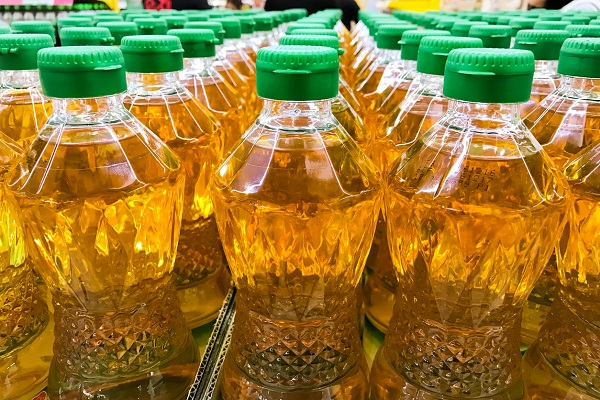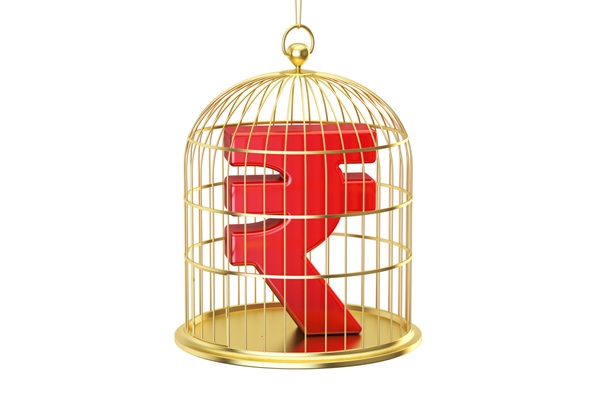.png)

Chandrashekhar is an economist, journalist and policy commentator renowned for his expertise in agriculture, commodity markets and economic policy.
November 25, 2025 at 9:52 AM IST
The speculative instinct of the country’s vegetable oils trade and industry is well known. Its risk appetite has been shaped by chronic shortages, the absence of timely and reliable data, and policy action that tends to react rather than anticipate.
A prolonged data drought has amplified this behaviour.
Speculators thrive on information arbitrage when there is no timely visibility on production, processing, export, import, and distributive trade. In practice, the only consistently available data point is the daily market price.
Policymakers too often fall back on price alone as the basis for intervention, which frequently proves inadequate because the price curve reveals the symptom rather than the structure of the market.
In India, liberalisation is mistaken for licence, little realising that liberalisation comes with an unstated duty to behave responsibly and with discipline. After years, the Centre seems to have woken up to this reality.
In order to strengthen transparency and data-driven decision-making, the government has amended the Vegetable Oil Products Production and Availability (Regulation) Order, 2025. This Order mandates that all producers of crude and refined vegetable oils, solvent-extracted oils, blended oils, vanaspati, margarine and other specified vegetable oil products, along with packers, register on the official VOPPA portal and submit monthly returns detailing production, imports, opening and closing stocks, dispatches, sales and consumption by the 15th of each month.
New Delhi claims that the amended Order represents a major step towards a more transparent and data-driven edible oil ecosystem, supporting better monitoring of the supply chain, more reliable data collection and stronger policy planning aligned with national food security objectives. By ensuring a regular and authenticated flow of information from producers, the initiative is expected to help the government design timelier and more proportionate interventions in the edible oil sector.
The new regulation is unlikely to be sufficient to advance the stated objectives. The data to be collected will be entirely historical. In commodity markets, prices reflect not only current supply and demand fundamentals but also expectations of how those fundamentals may evolve in the near term.
While the monthly returns will provide historical data of production and stocks, policymakers actually need forward guidance for effective intervention, and currently, systematic forward guidance is absent.
The global vegetable oil market is dynamic. Multiple drivers operate simultaneously and with varying intensity. Economic growth, geopolitics, monetary policy, currency gyrations, weather and flow of speculative funds are key drivers.
India imports roughly 15 million tonnes of vegetable oils every year, worth $15 billion–$16 billion. Yet the government has no visibility on contracted quantities, the types of oil being sourced, the contracted prices or the expected arrival periods. This information gap is a serious vulnerability because imports account for nearly 60% of domestic consumption. Given the scale of dependence, monitoring should be a priority, and it can be achieved by requiring importers to register their contracts with a designated agency or a government portal.
Registration of import contracts would give policymakers advance access to reliable data, allowing intervention measures to be planned rather than triggered reactively. It would materially strengthen transparency and data-driven decision-making. A more closely monitored edible oil ecosystem would bolster national food security and reduce the information asymmetry that fuels speculative behaviour.
The Union Ministry of Consumer Affairs, Food and Public Distribution has notified VOPPA 2025, but implementation cannot rest with a single ministry. The Ministry of Agriculture needs to release oilseed production estimates without delay, and the Ministry of Commerce should establish a framework for import contract registration and systematic monitoring of arrivals.
The direction of reform is welcome; the question is whether the system will expand quickly enough across ministries to close the information gaps that have long shaped the edible oil market.




